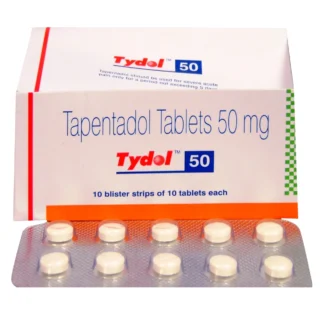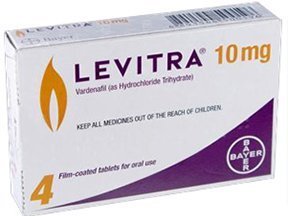
Experiencing trouble sleeping because of anxiety or stress is far more common than many realize. When your mind races, your heart pounds, or your thoughts loop around the same worries over and over, it’s no wonder that sometimes you simply can’t fall asleep or stay asleep. We’ll explore how anxiety and stress trigger insomnia, review how medications — including Alprazolam (brand name Xanax), and Ambien — may be used, touch on dosing examples (Alprazolam doses 1 mg, 2 mg; Xanax 2 mg, 3 mg; Ambien 10 mg) and mention Bellbien 10 mg (more on that below) — while emphasising the importance of safe usage.
Why Anxiety/Stress Leads to Insomnia
When you’re anxious or stressed, your body is in a heightened state of alert: the “fight or flight” system is engaged. This can make the wind-down for sleep tough, as your brain remains on high alert or your thoughts refuse to relent. Over time, this pattern may mean you either struggle to fall asleep or wake up frequently and cannot return to sleep.
According to sources, there are several medication options for insomnia related to anxiety or stress — but importantly, the cause must be addressed (stress management, sleep hygiene, sometimes therapy) in addition to any drug treatment.
Medication Options: What They Are & How They Differ
Alprazolam (Xanax)
Alprazolam is a benzodiazepine, brand name Xanax. It’s commonly prescribed for anxiety disorders and panic. While it’s not primarily approved for insomnia, it may be used off-label in certain cases (because anxiety can cause insomnia).
- Example doses you may find referenced: Alprazolam doses 1 mg, 2 mg (though doctors tailor dosage individually).
- For Xanax, you might see references to Xanax 2 mg, Xanax 3 mg in some contexts — though 3 mg is quite high and not standard for many uses.
- Risks: dependence, withdrawal, daytime drowsiness, coordination issues. Benzodiazepines are typically recommended for short-term use.
- Because insomnia tied to anxiety often has underlying causes, using Alprazolam alone without addressing stress/anxiety may not be enough (and can bring risks).
Ambien
Ambien (generic zolpidem) is a non-benzodiazepine sedative-hypnotic (often called a “Z-drug”). It’s specifically FDA-approved for short-term treatment of insomnia (difficulty falling asleep, or staying asleep depending on formulation). (Drugs.com)
- Example dose often seen: Ambien 10 mg (immediate release) for adults (though women often recommended 5 mg due to metabolism differences).
- As insomnia can stem from anxiety, Ambien may help with the sleep part — but it doesn’t treat the root anxiety.
- Also: important to caution combining sleep meds with anxiety meds. For example, taking Xanax and Ambien together can significantly increase risks (CNS depression, respiratory issues).
Bellbien 10 mg
Mentioning “Bellbien 10 mg” appears in your requested keywords. It’s less well-known (does not seem to feature prominently in major FDA/medical sources for insomnia). Because I couldn’t locate strong evidence in mainstream sources for “Bellbien”, you should treat this as a less documented option and proceed only under direct medical supervision.
How to Approach Treatment of Insomnia Due to Anxiety/Stress
- Start with lifestyle & behavioural changes
- Good sleep hygiene: consistent sleep schedule, calming bedtime routine, limiting caffeine/alcohol before bed.
- Manage stress/anxiety: mindfulness, cognitive-behavioural therapy for insomnia (CBT-I), relaxation exercises. These non-drug approaches should be first-line.
- Use medications as part of a plan
- If anxiety is the driver, a medication like Alprazolam (Xanax) may be prescribed for anxiety, which in turn helps sleep.
- If insomnia persists (especially sleep-initiation or maintenance), a sleep-specific medication like Ambien may be appropriate.
- Doctors often prefer short-term use of these medications given risks of dependence and tolerance, especially benzodiazepines.
- Match the dose to the individual and the indication
- For example: Alprazolam doses 1 mg or 2 mg may show up in references, but the prescribing physician will decide what’s safe based on your health status.
- For sleep, Ambien 10 mg is a common reference dose, but again prescribing guidelines vary (women may have 5 mg, extended-release versions differ).
- Always take the lowest effective dose for the shortest feasible time.
- Be aware of risks
- Combining medications (e.g., Xanax and Ambien) increases risk dramatically.
- Long-term use of benzodiazepines for insomnia is not recommended because of dependence, rebound insomnia, impaired sleep architecture.
- Non-benzodiazepine sleep meds also have risks (complex sleep behaviour, next-day grogginess).









Leave a Reply